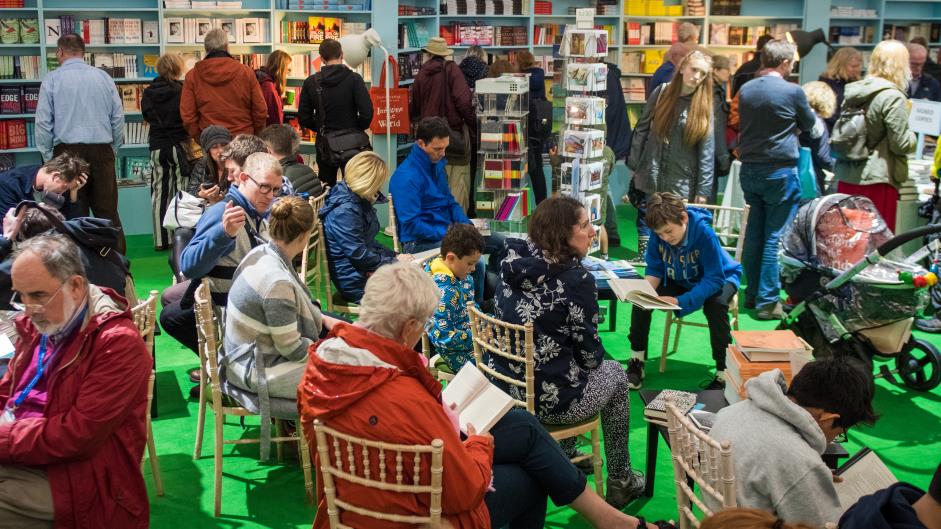
Sarah Nouwen, Co-Deputy Director of the Lauterpacht Centre for International Law, had a disturbing message for her Hay audience: people most affected by crimes against humanity are often most opposed to the tools of international justice used against them.
“If, instead of rain, it was bombs that were failing right now, what we would want is for them to stop,” she said. “What happens if resources are limited and the pursuit of criminal justice clashes with the pursuit of an end to the violence?”
Her conclusions were drawn from research among the victims of conflict in Sudan and Uganda, and were refracted through the prism of analysing the draft Convention on Crimes against Humanity, which is being discussed by the United Nations’ International Law Commission. She was concerned that the proposals, which mandate criminal prosecution, would – for example – have prevented the kind of amnesties that helped secure breakthroughs in South Africa and Northern Ireland. Without those breakthroughs no kind of justice is possible.
If ministers in the apartheid government, for example, had been threatened with prosecution, they would never have agreed to dismantle their system and hand over power to Nelson Mandela’s African National Congress. “As a rational person you do not want to sign an agreement if there is a strong chance you will remain in prison for a long time,” she said. “How ethical is it for people in safe places to insist on a norm for which others will pay the consequences, and for whom a truce at gunpoint is better than no truce at all?”
If you missed this, you might like to see Kate Raworth talking about the 21st century economy at 10am on Monday.